Educational Programs
Educational Programs of the Blinken OSA Archivum
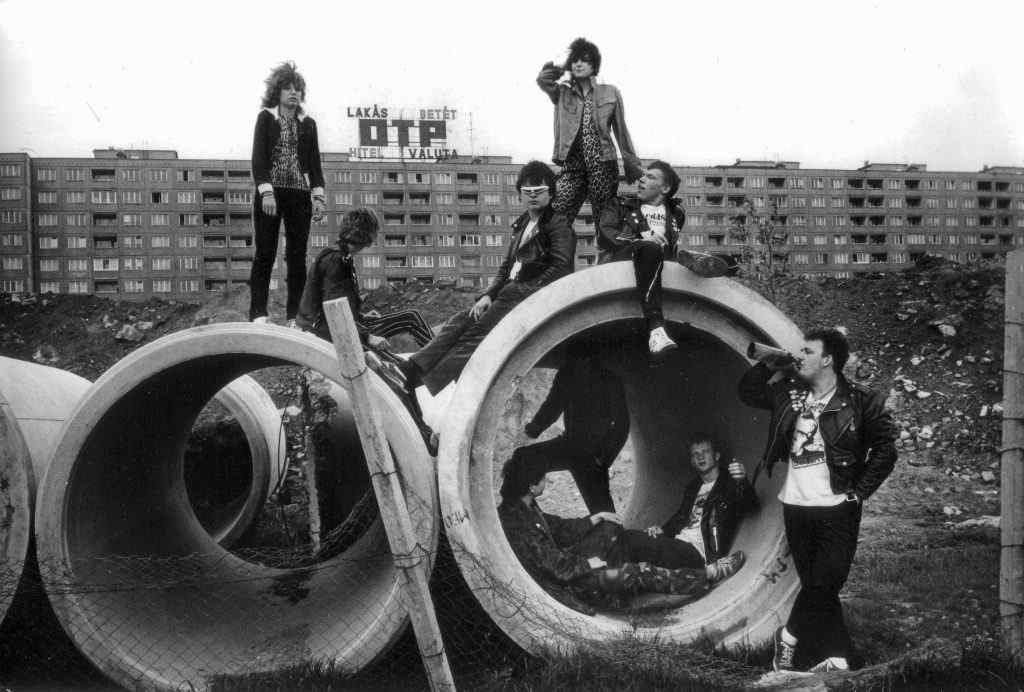
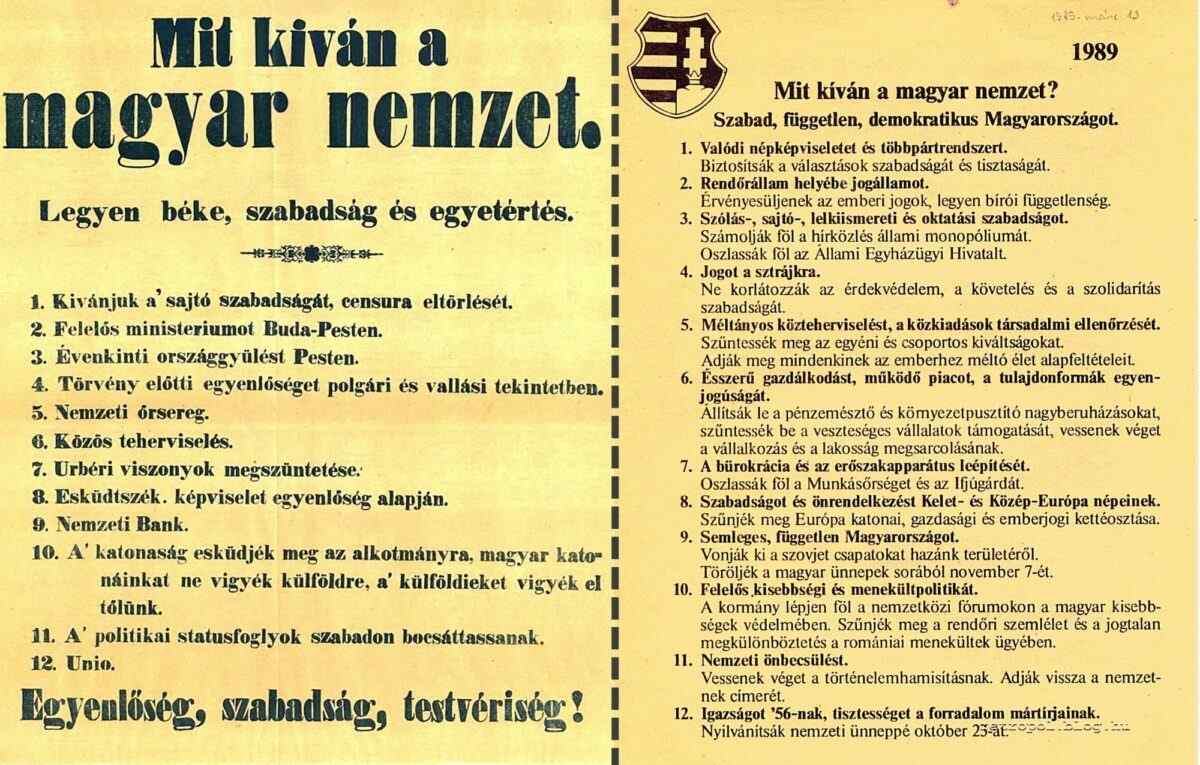
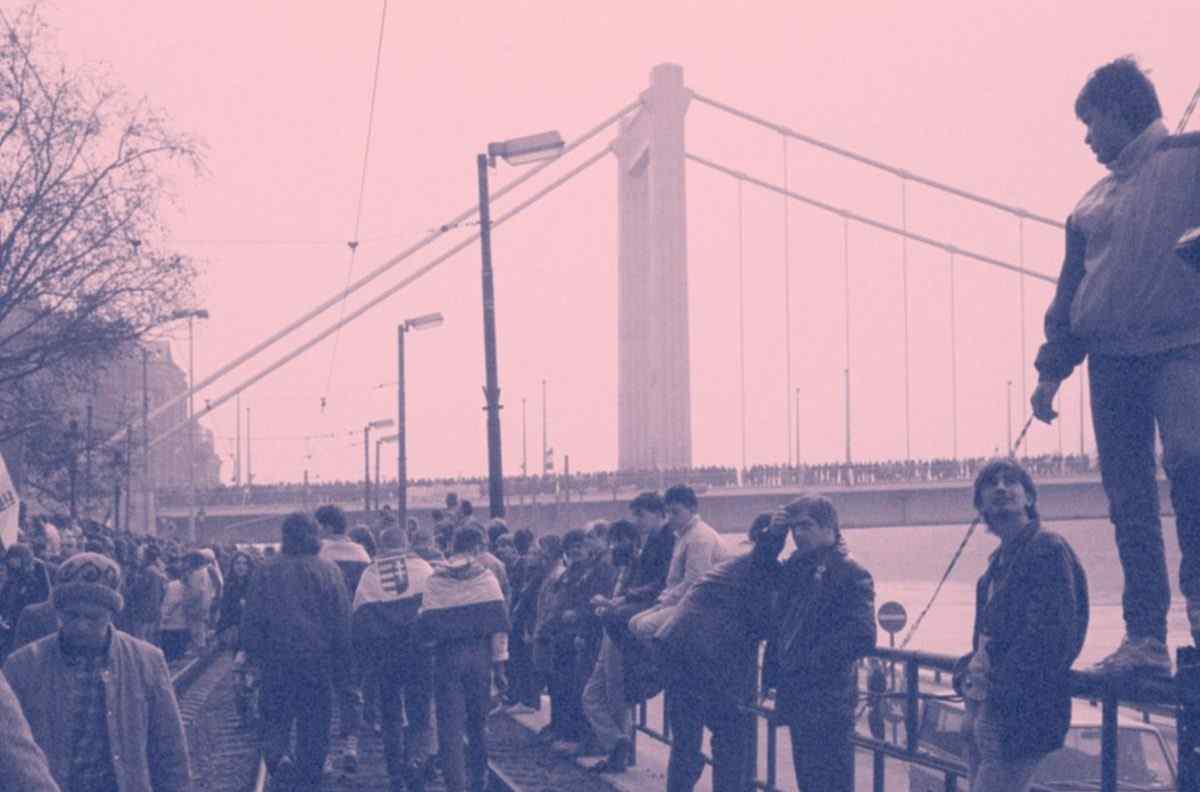
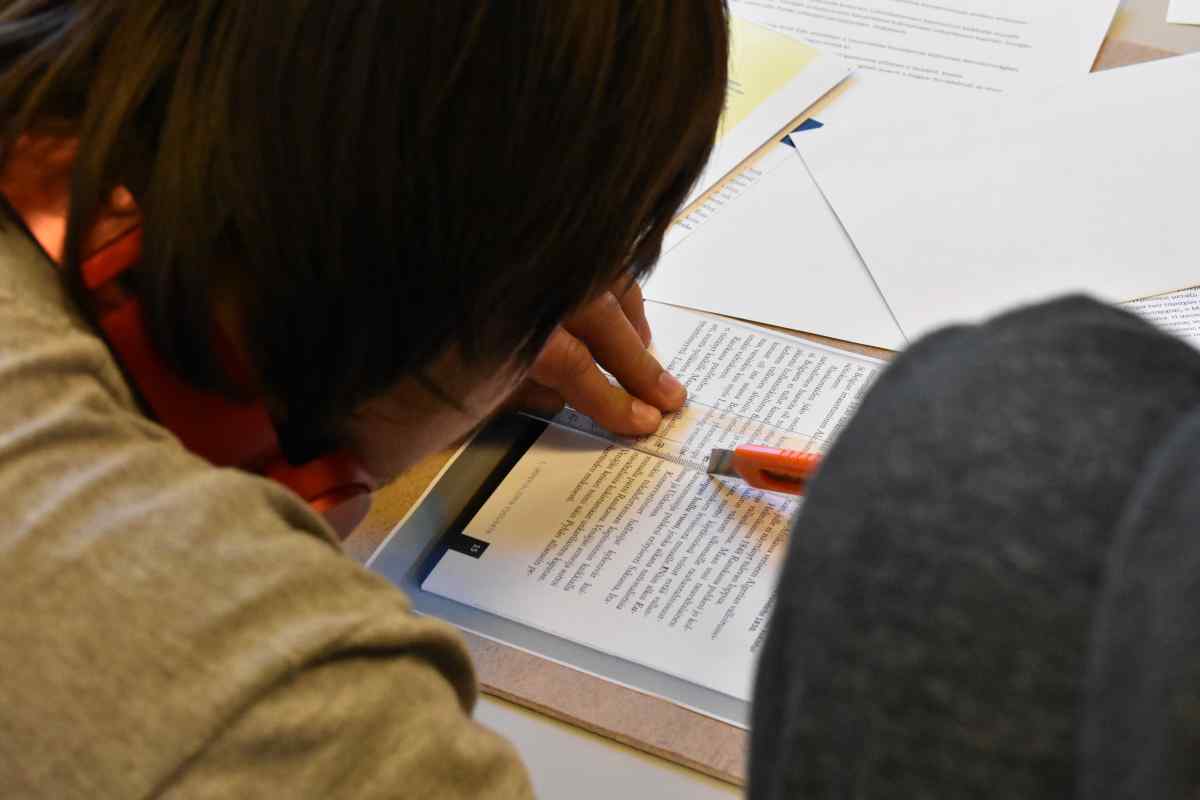
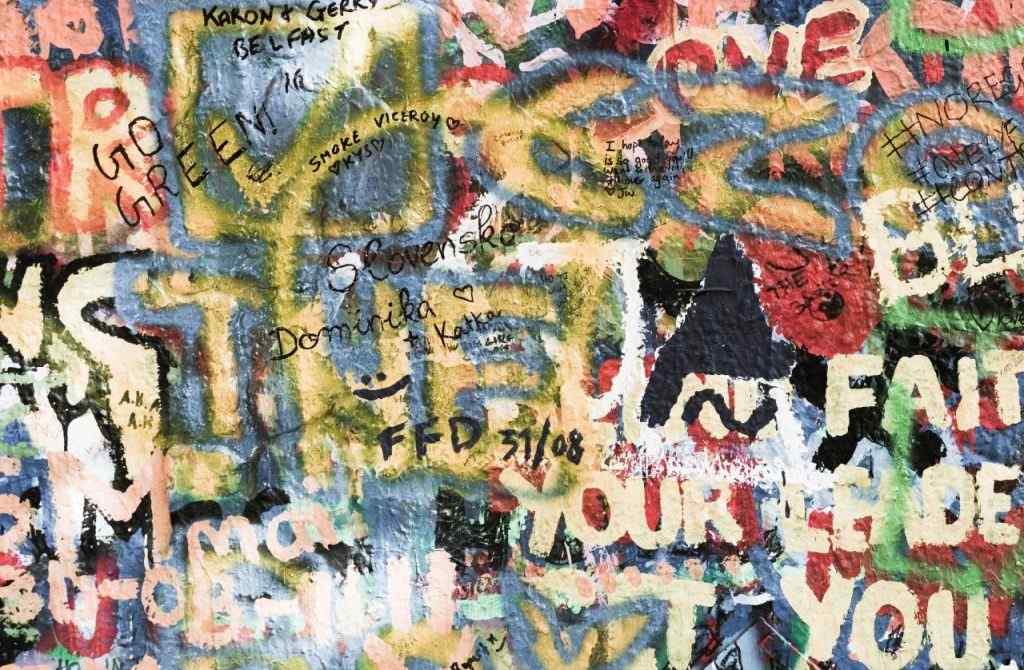
The educational programs of the Blinken OSA Archivum help you navigate the complex and controversial issues of history. We offer methods and approaches to help everyone form opinions on important historical issues based on historical facts, not on official guidelines.
We offer free programs based on our exhibitions and collections to complement and deepen what you learn at secondary school and university. Our aim is not only to broaden historical knowledge, but also to provide opportunities to develop competences that are key for active citizens in a well-functioning, open society.
The below programs are currently available for booking:
- Cold War from Below – What did our grandparents party for? What clothes and hairstyles did they covet and what was embarrassing? In other words: what did the Cold War look like from the bottom? A mini field trip to the Archivum to see what life was like during the Cold War. More information here.
- Two Wednesdays – What did “March 15” mean in 1948? What did it mean in 1989? And what does it mean today? Alternative history lessons at Blinken OSA Archivum on two Wednesdays, that of March 15, 1848 and March 15, 1989. More information here.
- We the People – Debate workshop on what makes an argument good and a debate constructive. More information here.
- Making the Cut? – What does a French, an Argentinian or an American high school student learn about the Hungarian conquest, the ‘48 revolution, or ‘56? What is important to whom and why? Comparative history with scissors. More information here.
- ‘89 City Walk – 48 + 56 + 89 = ? An alternative history lesson for groups of students, disguised as a city walk, about the change of regime and why history was important in '89. More information here.
- Building Tour – Books cast in concrete, family life turned into a QR code, benches from Deák, exhibitions on the ground floor, history underground. Building tour of the Archivum’ home, the Goldberger House. More information here.
The programs are in Hungarian.
The workshops are available upon registration, free of charge.
Further information is available: https://edupro.osaarchivum.org/